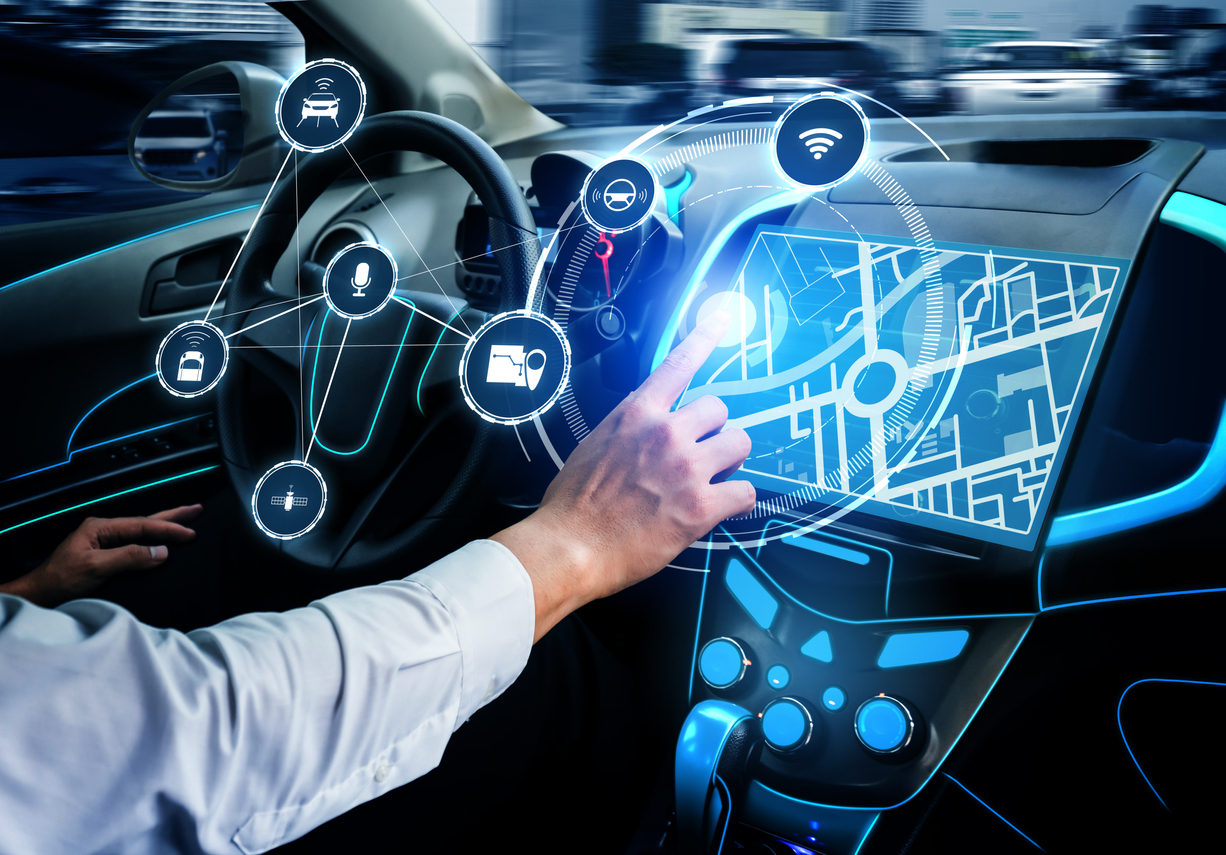
New cars may run on gas or electricity, but the car industry runs on data. Your data.
For the last century, cars have played a variety of roles in our lives. More than just a machine carrying us from here to there, they reflect our identity. They signify our status. They symbolize opportunity, escape, and hope. And now, improbably, after having offered the freedom of the open road to generations of drivers, they’ve become spies on wheels.
This new generation of cars, loaded with tech, connected to satellites, and often powered by proprietary networks of charging stations, are guzzling personal information the way they once guzzled gas.
It’s not just high-end cars with sophisticated entertainment systems that do it. They all do. According to this article, 84 percent of carmakers say their privacy policies allow them to share personal data they collect. Three-quarters say they can sell it. Once the paperwork is signed on a new car at a Toyota dealership, for example, a salesperson will ask the new owners to download an app to their phones. That app will then communicate with their new RAV4, or Highlander, or Tacoma, and collect their entire contact list. Every phone number and email on the owners’ phones are now in possession of Toyota. All before the car has left the lot.
Carmakers know what music you listen to, which talk shows you like, who your favorite podcaster is, and who you typically call on your way home from work. Cars monitor your driving patterns, too, from speed to how firmly your hands are on the wheel.
Big Tech is fueled by data. So are cars. Their navigation systems—again, often paired with a driver’s phone—all but broadcast their location at any time. Tolls, now paid automatically by electronic tags like E-ZPass, combined with cameras and traffic counters along highways, mean wherever you drive, it’s seldom a mystery. This is tracking at its worst.
So what? Cars were once a refuge. A sealed, rolling room separate from the home or the office, where a driver could feel free. Now they’re more like a really (really, really) big smartwatch, collecting personal information about the people in it and sharing it with companies over which no one in the car has any control.
In new cars, there is no privacy.







